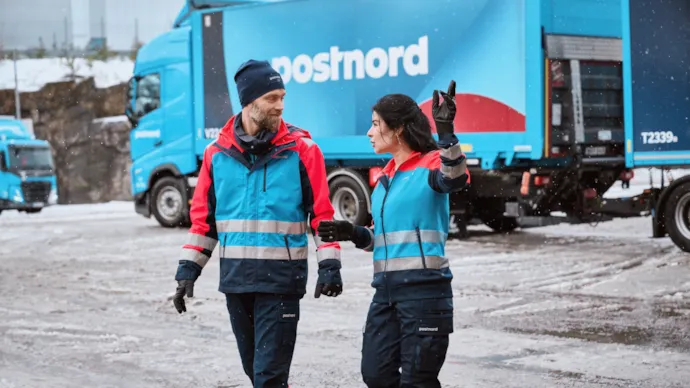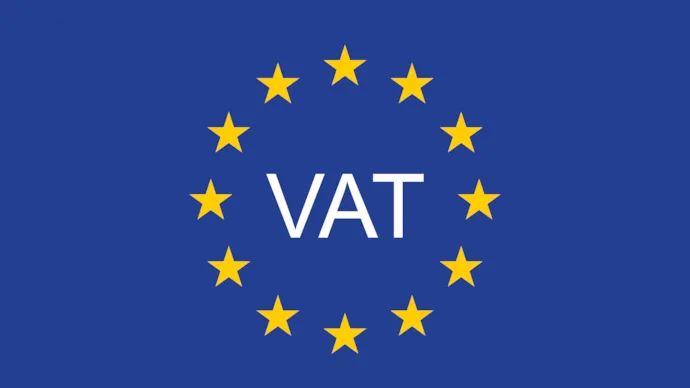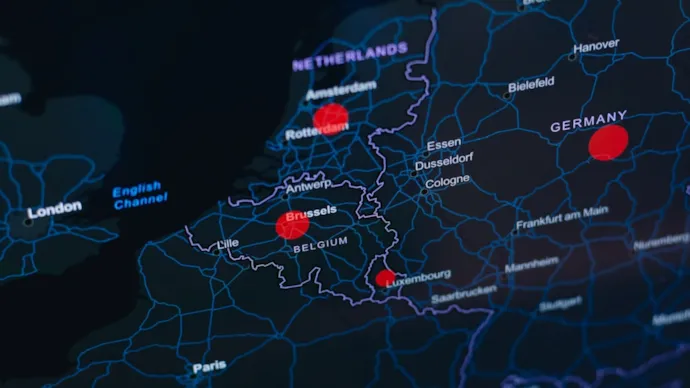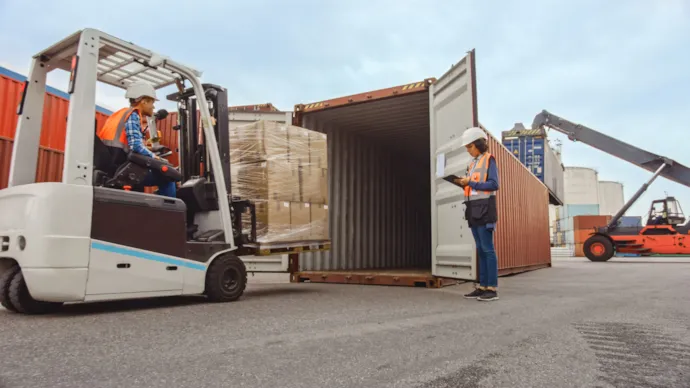Insights
From publications to reports about e-commerce and logistics, PostNord offers no shortage of free insights to help you stay ahead of the curve.
E-commerce in the Nordics
E-commerce in the Nordics is driven by digital maturity, consumer trust, and sustainability. Here’s a snapshot of the latest trends shaping Sweden, Denmark, Norway, and Finland.
Dive deeper into the insights
Download Reports
Explore and download all our e-commerce reports to stay informed.
E-commerce Trends & Guides
Discover the latest trends and guides to grow your e-commerce business in the Nordics.



















